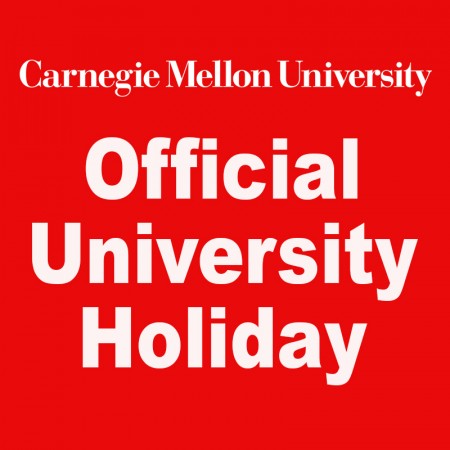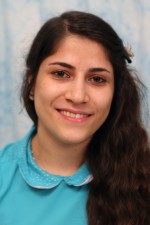Carnegie Mellon University
Sparse and Dense Methods for Underwater Localization and Mapping with Imaging Sonar
Abstract: Imaging sonars have been used for a variety of tasks geared towards increasing autonomy of underwater vehicles: image registration and mosaicing, vehicle localization, object recognition, mapping, and path planning, to name a few. However, the complexity of the image formation has led many algorithms to make the restrictive assumption that the scene geometry is [...]
Carnegie Mellon University
Deep Interpretable Non-rigid Structure from Motion
Abstract: Current non-rigid structure from motion (NRSfM) algorithms are limited with respect to: (i) the number of images, and (ii) the type of shape variability they can handle. This has hampered the practical utility of NRSfM for many applications within vision. Deep Neural Networks (DNNs) are an obvious candidate to help with such issue. However, [...]
RI Faculty Social All Robotics Institute faculty are invited to attend this informal team-building business/social event
All Robotics Institute faculty are invited to attend this informal team-building business/social event. Our November Robotics Institute Faculty Social will be hosted by Martial Hebert in NSH 4305, from 3:00 to 4:00pm.
Carnegie Mellon University
Autonomous drone cinematographer: Using artistic principles to create smooth, safe, occlusion-free trajectories for aerial filming
Abstract: Autonomous aerial cinematography has the potential to enable automatic capture of aesthetically pleasing videos without requiring human intervention, empowering individuals with the capability of high-end film studios. Current approaches either only handle off-line trajectory generation, or offer strategies that reason over short time horizons and simplistic representations for obstacles, which result in jerky movement and [...]
Carnegie Mellon University
Robot Task Execution by Policy Adaptation and Switching Among Multiple Tasks
Abstract: While mobile robots reliably perform service tasks by accurately localizing and safely navigating while avoiding obstacles, they do not respond in any other way to their surroundings. In this work, we introduce two methods that enable the robots to be more responsive to their environment, including humans and other robots. The first algorithm enables [...]
Visual SLAM with Semantic Scene understanding
Abstract: Simultaneous localization and mapping (SLAM) has been widely used in autonomous robots and virtual reality. It estimates the sensor motion and maps the environment at the same time. The classic sparse feature point map of visual SLAM is limited for many advanced tasks including robot navigation and interactions, which usually require a high-level understanding of [...]
Carnegie Mellon University
Vision with Small Baselines
Abstract: Portable camera sensor systems are becoming more and more popular in computer vision applications such as autonomous driving, virtual reality, robotics manipulation and surveillance, due to the decreasing expense and size of RGB camera. Despite the compactness and portability of the small baseline vision systems, it is well-known that the uncertainty in range finding [...]
Multi-Modal Geometric Learning for Grasping
Abstract: In this talk, we will describe methods to enable robots to grasp novel objects using multi-modal data and machine. The starting point is an architecture to enable robotic grasp planning via shape completion using a single occluded depth view of objects. Shape completion is accomplished through the use of a 3D CNN. The network [...]








